🚀 Stay Ahead in Neuromuscular Medicine: Master the Latest Advances in Diagnosis & Treatment
Enroll in the course and gain instant access to materials
Explore foundational and advanced topics through dynamic and engaging video modules.
Apply your knowledge in clinical practice with confidence and precision
The Memorial Sloan Kettering 2024 Pituitary and Skull Base Tumor Course is a comprehensive, virtual educational program designed to update healthcare professionals on the latest advances in the diagnosis and management of pituitary disorders. Through a combination of didactic lectures, clinical case reviews, and interactive breakout sessions, this course addresses cutting-edge developments in functional imaging, intraoperative artificial intelligence, tumor pathogenesis, and emerging medical therapies for conditions like Cushing’s disease and acromegaly.
With a focus on multidisciplinary collaboration, the course promotes earlier diagnosis, more effective treatment planning, and improved patient outcomes. Attendees will gain practical insights into evidence-based clinical guidelines, the use of patient-reported outcomes, and the management of treatment-resistant and malignant pituitary tumors.
In the afternoon, participants can choose between a clinical provider track featuring an interactive tumor board or a dedicated track for patients and caregivers, enhancing communication and shared decision-making in pituitary care.
This program is hosted by the Memorial Sloan Kettering Multidisciplinary Pituitary & Skull Base Tumor Center and endorsed by leading patient organizations.
Why This Course is Right for You:
Managing pituitary and skull base tumors requires a coordinated, multidisciplinary approach. This cutting-edge, didactic, and case-based course by Memorial Sloan Kettering offers the most recent advancements in medical therapies, surgical decision-making, imaging techniques, and patient-centered outcomes.
It’s not just for specialists—if you’re involved in managing patients with pituitary conditions, this program delivers essential insights to improve clinical outcomes through earlier diagnosis, precise treatment, and evidence-based practices.
What You Will Learn from This Course
After completing this activity, participants should be able to:
- Review available and emerging medical therapies for Cushing’s and acromegaly
- Explain decision making involved in surgical interventions for pituitary tumors
- Discuss the use of patient reported outcomes for pituitary patients
- Present recent data on mechanisms for the development of treatment resistant and malignant pituitary tumors
- Debate treatment decisions supporting the use and timing of new therapies for treatment resistant and malignant pituitary tumors
Topics Covered in the Course
Advances in Functional Imaging for Pituitary Tumors
Advances in Intra-Operative AI
Advances in Pituitary Tumor Pathogenesis
Craniopharyngioma and Non-Adenoma Pituitary Conditions
New Medical Therapies for Acromegaly – Clinical Trials
Patient Reported Outcomes in Cushing’s
Radiation Therapy for Pituitary Tumors
Interactive Q&A Sessions
Comprehensive handouts and brochures
Who can learn from this course?
This course is ideal for a broad range of medical professionals and individuals involved in the care and management of pituitary and skull base tumors, including:
Medical Specialists
Endocrinologists – to stay updated on new therapies for Cushing’s and acromegaly
Neurosurgeons – to explore surgical strategies and intraoperative technologies
Otolaryngologists (ENT) – for insight into skull base and head/neck involvement
Radiation Oncologists – to examine advances in radiation therapy techniques
Neurologists and Neuro-oncologists – to understand the neurological impacts and emerging therapies
Ophthalmologists – to recognize vision-related complications from pituitary tumors
Internal and Family Medicine Physicians – to support early detection and coordinated patient management
Allied Health Professionals
Nurses, physician assistants, radiologists, and molecular pathologists involved in pituitary disease care
Trainees
Medical residents, fellows, and students specializing in endocrinology, neurology, or oncology
Patients and Caregivers
Individuals living with pituitary disorders and their caregivers are encouraged to join the dedicated patient track to better understand treatment options, ongoing clinical trials, and holistic care strategies
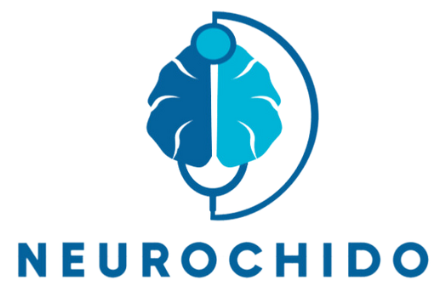
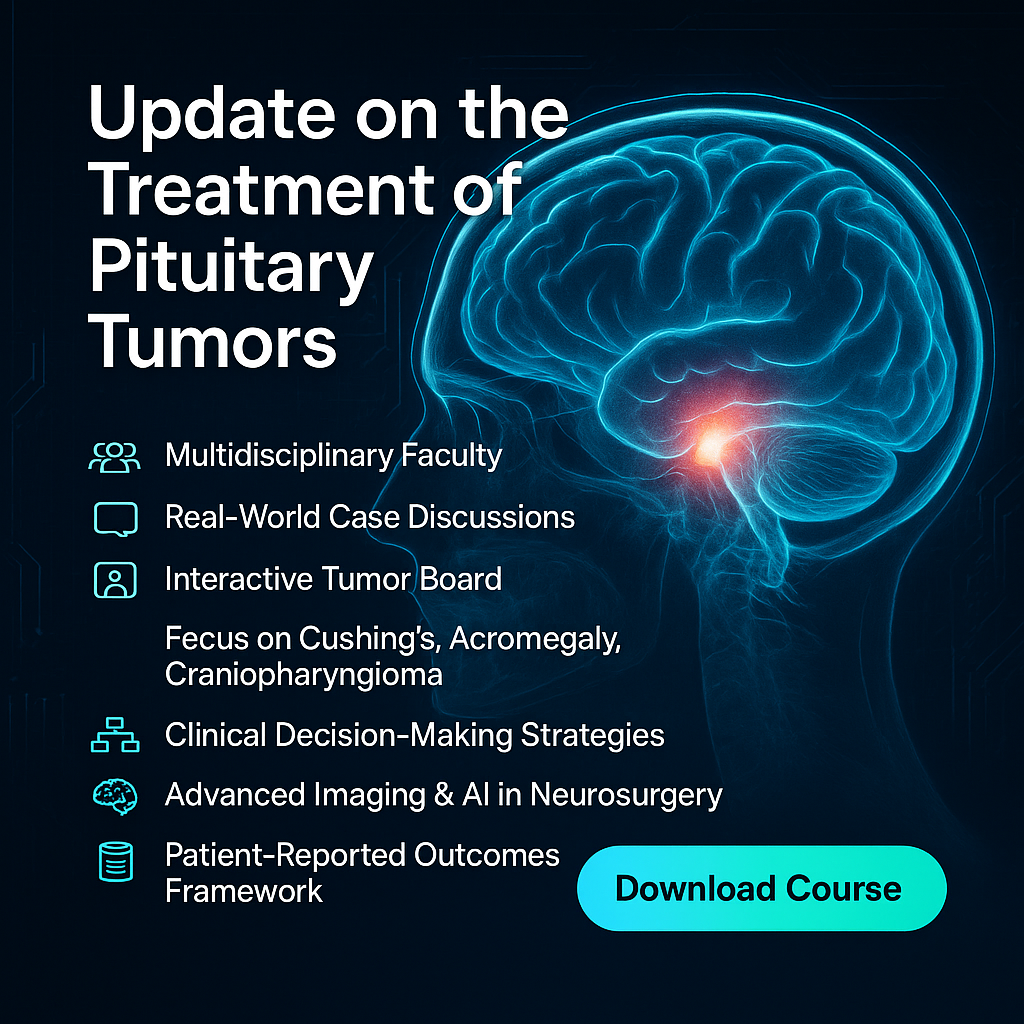
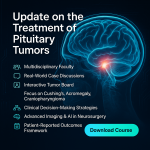
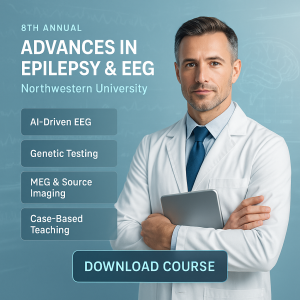
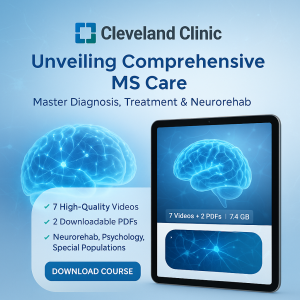
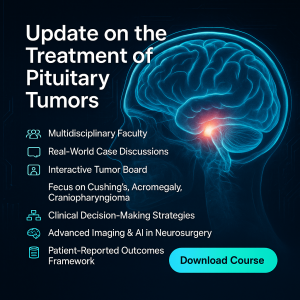
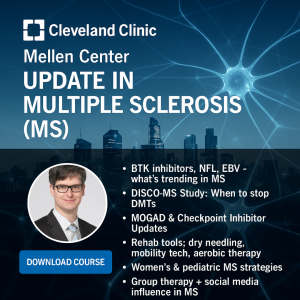
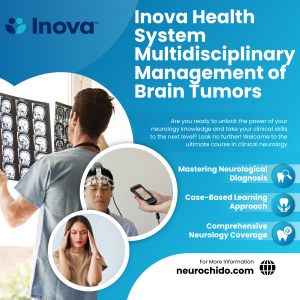
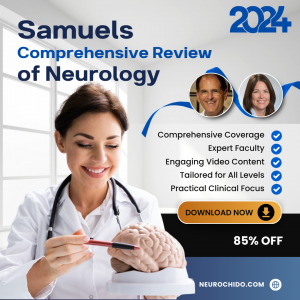
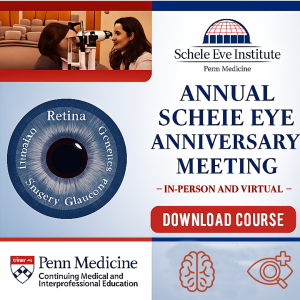


Reviews
There are no reviews yet.